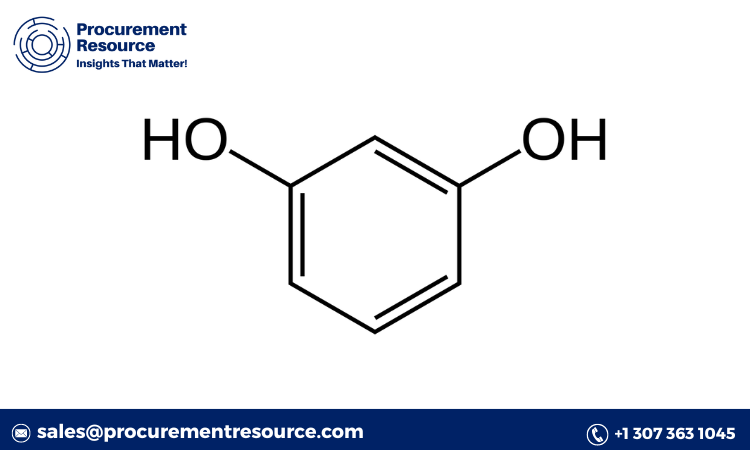Introduction
Acupuncture has been a part of Traditional Chinese Medicine (TCM) for centuries, often celebrated for its holistic approach to health. In recent years, it has gained traction in Western medicine, particularly for managing pain and anxiety. One area where acupuncture’s impact has stirred interest is fertility. As of 2024, Western medicine and pharmacy professionals are increasingly examining acupuncture for fertility, intrigued by its potential benefits for couples struggling with infertility. This shift reflects the evolving integration of complementary therapies within conventional healthcare frameworks, inviting discussions on efficacy, research, and patient perception.
In this article, we delve into the current perception of acupuncture for fertility in Western medicine and pharmacy settings, analyzing the latest research, trends, and patient outcomes.
The Role of Acupuncture in Fertility Treatments
What is Acupuncture for Fertility?
Acupuncture for fertility is a specialized application that involves the insertion of fine needles at specific points on the body to enhance blood flow, reduce stress, and potentially improve reproductive functions. Fertility-focused acupuncture treatments aim to:
- Regulate hormone levels.
- Reduce stress and anxiety, which can impair fertility.
- Enhance blood circulation to reproductive organs.
- Improve ovarian function and egg quality.
Western Medicine’s Take on Acupuncture for Fertility
In 2024, Western medicine is viewing acupuncture with cautious optimism, particularly in its adjunctive role alongside assisted reproductive technologies (ART) like in vitro fertilization (IVF). Studies reveal that acupuncture might contribute positively by:
- Lowering Stress Levels: Chronic stress is linked to reduced fertility. Acupuncture helps to activate the body’s parasympathetic nervous system, promoting relaxation and potentially increasing IVF success rates.
- Improving Blood Flow: Better blood flow to the reproductive organs supports endometrial receptivity, which is crucial for embryo implantation.
- Balancing Hormones: Acupuncture is associated with regulation of the hypothalamic-pituitary-ovarian axis, influencing hormone production and menstrual cycles.
However, Western medical experts continue to call for more robust clinical trials to ascertain the full extent of acupuncture’s efficacy in fertility treatments.
Pharmacy’s Perspective: A Complementary Approach
Pharmacies and pharmacists play a pivotal role in patient education regarding fertility treatments. As acupuncture gains popularity, some pharmacists in 2024 are trained in integrative medicine, giving them the knowledge to advise on complementary treatments like acupuncture. These practitioners are especially valuable in explaining how acupuncture may complement fertility medications without replacing them.
Pharmacy settings now see acupuncture as a supplementary approach to fertility, often discussing it as part of a broader fertility plan. While pharmacological treatments are still the primary recommendation for fertility, acupuncture is increasingly suggested for patients seeking a holistic approach, particularly for stress reduction, which has a significant impact on reproductive health.
Data-Backed Insights and Studies
Several studies underscore the potential of acupuncture in fertility enhancement:
- A 2019 study published in JAMA Network Open reported a slight increase in pregnancy rates among women undergoing IVF when coupled with acupuncture, though the effect was modest. Researchers suggested that acupuncture’s stress-relieving effects might have contributed to these outcomes.
- A 2022 meta-analysis reviewed 20 studies and found that acupuncture improved pregnancy rates by 15% when used alongside fertility treatments. The analysis noted that while acupuncture alone isn’t a definitive solution, it provides psychological comfort to patients, helping them adhere to medical fertility treatments.
Western medicine acknowledges these findings, seeing acupuncture as a tool to enhance patient comfort and relaxation, although further studies are encouraged to confirm its direct impact on conception.
The Patient Experience: Is Acupuncture Worth the Try?
Patient experiences with acupuncture for fertility have become more positive in 2024, thanks to increased awareness and access to integrative medicine practitioners. Many patients report feeling more relaxed and at ease during their fertility journey, with some attributing acupuncture to improved cycle regularity and better response to treatments.
On the commercial side, companies like Swissaccu offer specialized acupuncture needles and tools that practitioners use, enhancing the precision and safety of fertility-focused acupuncture. This increased availability of quality tools reflects the growing market for acupuncture supplies, as demand for complementary fertility treatments rises.
FAQs: Common Questions on Acupuncture for Fertility
1. Is acupuncture for fertility scientifically proven?
While research supports acupuncture’s ability to reduce stress and promote blood flow, definitive scientific proof linking it to higher conception rates is still limited. However, acupuncture is widely accepted as a complementary treatment in reproductive medicine.
2. How many acupuncture sessions are needed for fertility?
The number of sessions varies depending on individual health factors and treatment goals. Typically, practitioners recommend weekly sessions for 3-6 months alongside medical fertility treatments.
3. Does acupuncture help with male fertility as well?
Yes, acupuncture has shown promise in improving male fertility by reducing stress and improving sperm quality. Studies are still ongoing, but some data suggest positive effects on sperm count and motility.
4. Are there any side effects of fertility acupuncture?
Acupuncture is generally safe when performed by a licensed practitioner. Side effects are rare but can include minor bruising, soreness, or fatigue. Always consult with a qualified acupuncturist for fertility-related treatments.
5. How does acupuncture fit within an IVF treatment plan?
Many fertility clinics incorporate acupuncture before and after embryo transfer, aiming to reduce stress and improve implantation chances. However, acupuncture should not replace conventional medical fertility treatments.
Conclusion: The Future of Acupuncture for Fertility in Western Medicine
In 2024, Western medicine and pharmacy recognize acupuncture as a supportive treatment that may enhance fertility outcomes, particularly for patients seeking to reduce stress during their fertility journey. With companies like Swissaccu providing high-quality acupuncture supplies, this ancient practice is being integrated thoughtfully into modern reproductive care.
While acupuncture may not yet have conclusive scientific backing as a primary fertility treatment, it offers valuable psychological and physiological benefits, making it a viable complementary therapy for many.
Also know about Acupuncture: A Natural Course to Sciatic Discomfort Recovery

